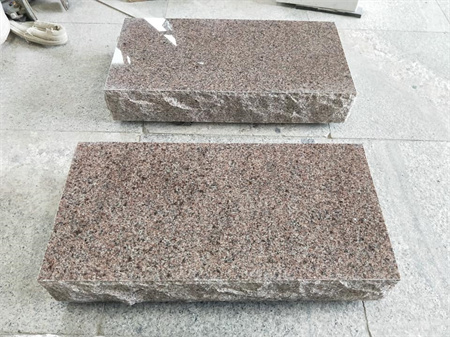How to Optimize Your Supply Chain for Granite Imports

Optimizing your supply chain for granite imports is crucial in ensuring a smooth and efficient process, particularly when sourcing large, heavy, and often delicate materials like granite. Whether you’re importing for monument production or other construction needs, the right strategies can make all the difference in reducing costs and improving delivery times.

Transportation is another key aspect of the supply chain that needs careful attention. Granite is a bulky and weighty material, which can make transportation both costly and challenging. To keep shipping costs under control, consider consolidating shipments. By grouping smaller orders into one container, you can reduce the overall shipping expenses. Also, be mindful of the various modes of transportation available—sea freight is typically the most cost-effective for large quantities, but air freight might be the best option for smaller, urgent orders.
Packaging plays a significant role in ensuring the integrity of the granite during transit. Without proper packaging, your products are at risk of damage. Work closely with your suppliers and freight partners to develop customized packaging solutions that protect the granite from potential impacts and weather conditions. The more robust your packaging, the lower the risk of damage during the long journey across seas and borders.

Lastly, consider the flexibility of your supply chain. The ability to adjust quickly to shifts in demand, raw material availability, or transportation delays can give you an edge in a competitive market. By diversifying suppliers, adjusting delivery schedules, and being ready to pivot, you can ensure that your supply chain remains robust and responsive to changes in the marketplace.
Incorporating these practices into your granite import process will help streamline operations, reduce costs, and improve overall customer satisfaction.
